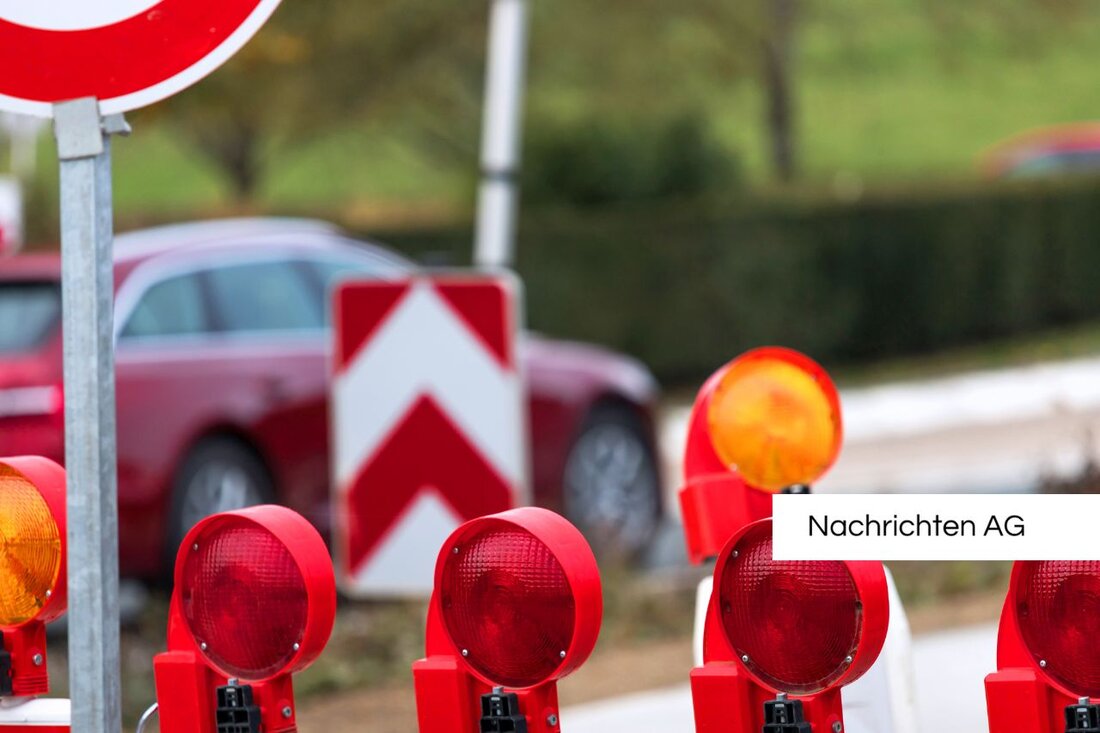Hafenecker: judgment for freedom of expression - a victory against censorship!
Hafenecker: judgment for freedom of expression - a victory against censorship!
Österreich, Land - On June 24, 2025, the FPÖ media spokesman and general secretary Christian Hafenecker commented on a recently issued judgment of the German Federal Administrative Court, which has lifted a ban on the "Compact" magazine. Hafenecker described this judgment as a remarkable victory for freedom of expression and a defeat for the left -wing opinion censorship in Germany. He criticized the attempts to suppress critical media through government decisions and pointed out an authoritarian abuse of power. "Freedom of expression in Europe has received important protection," said Hafenecker.
But not only in Germany, the politician sees freedom of expression threatened. In Austria, too, he emphasized that they are increasingly under pressure. The FPÖ general secretary pointed out the planned quality journalism law as well as on the EU-wide Digital Services Act (DSA), which in his opinion could have far-reaching consequences for alternative media. This draft law stipulates that media that are classified as "harmful" is subject to a strict duty of deletion, which is regarded as an attack on the independence of the reporting, as is reported [compact-online.de] (https://www.pact-online.de/neues-eu-e-----eu---
The dangers of the digital service act
The DSA is criticized as a potential instrument to suppress freedom of expression. Hafenecker warned that alternative media in Austria could be pushed to the edge by increasing account locks, which he described as the new level of censorship. "If we allow the government to refuse access to social media for young people under the age of 15, we keep young people away from critical information," he added. This procedure could strongly influence the political opinion formation of young voters.
The EU Commission considers the existing freedom of expression as a threat to its exercise of power. The EU foreign commissioner Josep Borrell justified, for example, the ban on Russian media such as RT and Sputnik as a necessary measure to protect freedom of expression, which illustrates the complex relationship between freedom of expression and political influence. Thierry Breton, the French digital commissioner, recently asked Elon Musk to comply with the DSA in order to prevent the spread of disinformation. However, the broad definition of the term “disinformation” enables different political interpretations and could lead to far -reaching censorship.
risks and challenges
The Digital Services Act applies to all platforms in the European internal market. Especially large online platforms have to analyze risks annually that arise from their services. This includes the spread of illegal content, disinformation and the protection of minors. Platforms are obliged to take measures to reduce these risks and disclose the results. Critics like Richter Manfred Kölsch call the Digital Country Act as a "Trojan horse" for censorship and warn of a possible attack on the constitutional order. A society in which self -censorship, for example, becomes the norm, could draw a worrying picture.
In total, the current debate on freedom of expression in Europe shows a concern of exciting tendency, which is clearly addressed by the FPÖ. Hafenecker emphasizes that the FPÖ will continue to fight against censorship and state influence on the media and will work for real freedom of expression. An open and critical debate about the dangers of current laws is essential.| Details | |
|---|---|
| Ort | Österreich, Land |
| Quellen | |


Kommentare (0)